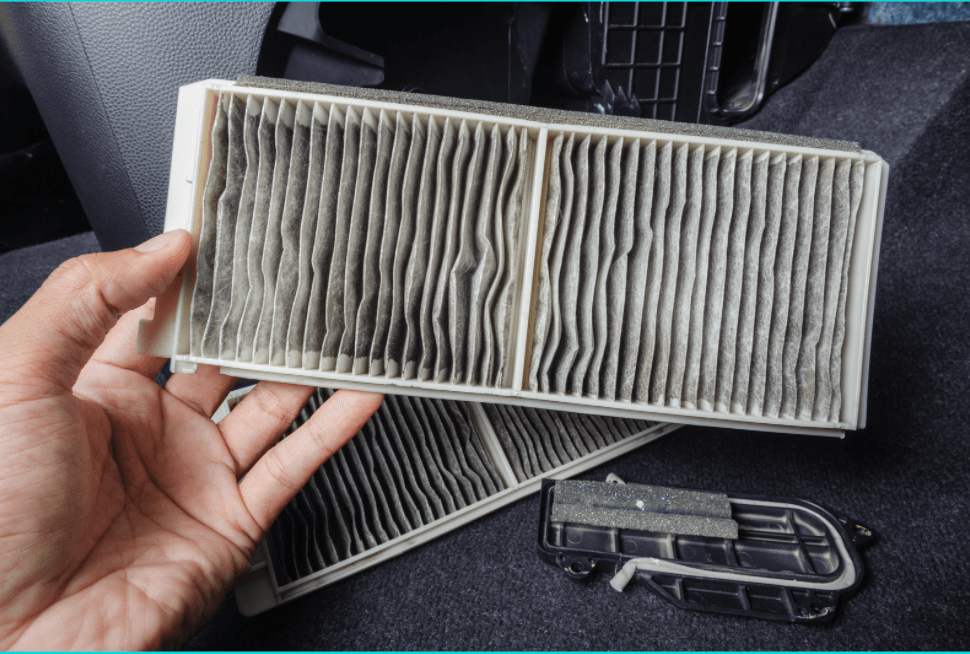Air filters are important in maintaining your home’s heating and cooling systems. They improve the home’s air quality through air filtration and purification.Therefore, you should make sure that you are using the right filter for your HVAC system.
Choosing the type of air filter comes down to what works best for your home’s needs, budget, and HVAC. Homeowners should weigh down the advantages and disadvantages of each type while considering the pricing, frequency of use, quality of material, and Minimum Efficiency Reporting Values (MERV) rating.
Minimum Efficiency Reporting Value (MERV)
The Minimum Efficiency Reporting Value (MERV) is a chart used to measure the efficiency of filters. The chart ranges from 1 to 16, with 16 being the best. Moreover, the chart is based on the filters’ ability to capture particles.
However, rating the highest in MERV is not always a good thing. High MERV can lead to higher airflow resistance and eventually lead to HVAC problems. The best thing to do is to ask for help from an HVAC professional first!
1. Fiberglass Air Filters
Fiberglass filters are the most common and affordable options available today. You can get these for under $3! Moreover, these are effective at cleaning your HVAC system, but not ideal for cleaning the air. Fiberglass filters fall short of filtering out smaller air impurities like pollen, bacteria, and viruses.
The MERV rating is between 2-3 out of 20. They are easily clogged with dirt and require to be changed monthly to keep the airflow moving through your system.
2. Pleated Air Filters
Pleated air filters are usually made from polyester, cotton, or paper. The pleats give the filters more surface area to allow for better filtration. Unlike fiberglass air filters, these air filters are reusable and can last up to 90 days.
With a MERV rating of 5+, pleated air filters have lesser resistance to airflow. These cost a little more and cost around $5 to $15.
3. High-Efficiency Particulate Air (HEPA) Filters
This type filters at least 99.97% of airborne particles ad allergens as tiny as 0.3 microns. They are effective at cleaning the air and can last up to years before getting replaced.
These filters have a rating of 13. While the rating is good for improving the air quality, it can be harmful to your HVAC system. This means that it is harder to pull air in because of its high resistance.
Additionally, HEPA filters are costly and are only recommended to people with severe breathing problems.
4. Ultraviolet (UV) Light Filters
UV filters use UV light to kill bacteria and viruses that may be harmful to our health. However, they are not efficient at removing dust and other pollutants. Moreover, these may pose a threat to homeowners with respiratory diseases since UV filters convert oxygen into ozone. Installation of UV filters is expensive since it requires the help of a professional.
Bottom Line
With the different HVAC filters available, it is important to consider all recommendations for your home. Consult with an HVAC expert to check your air filter-HVAC system compatibility.
The Home Pros US can help you with your HVAC needs. To learn more about how to care for your system, click the “Free Quote” button below to get tips from our trusted, HVAC professionals!

